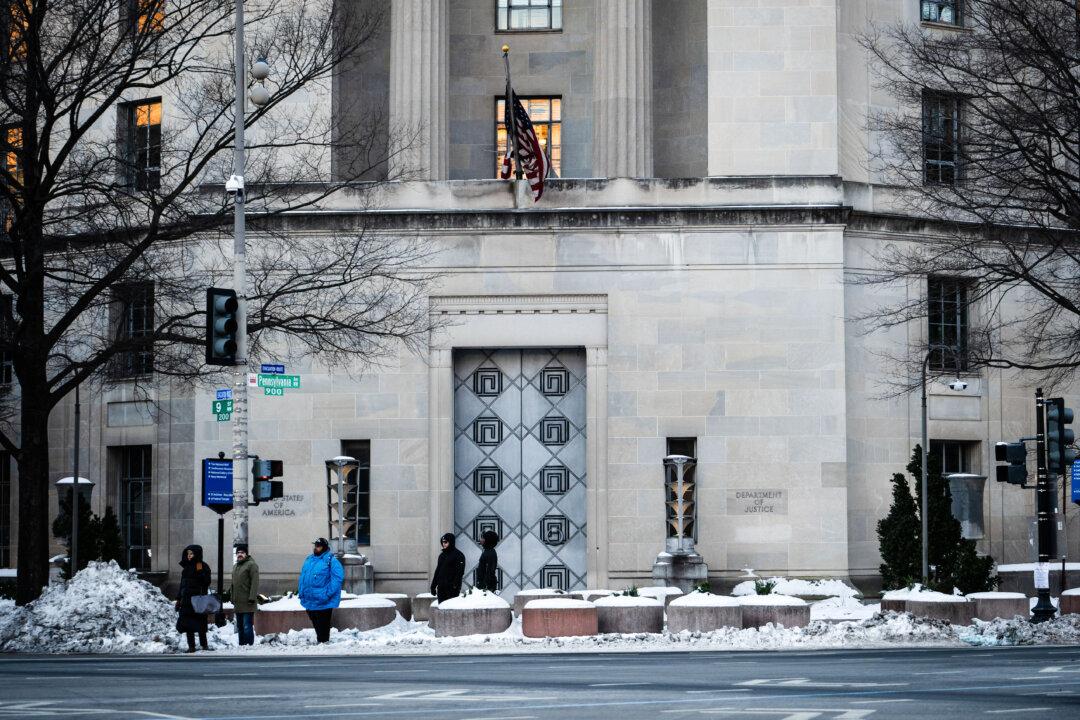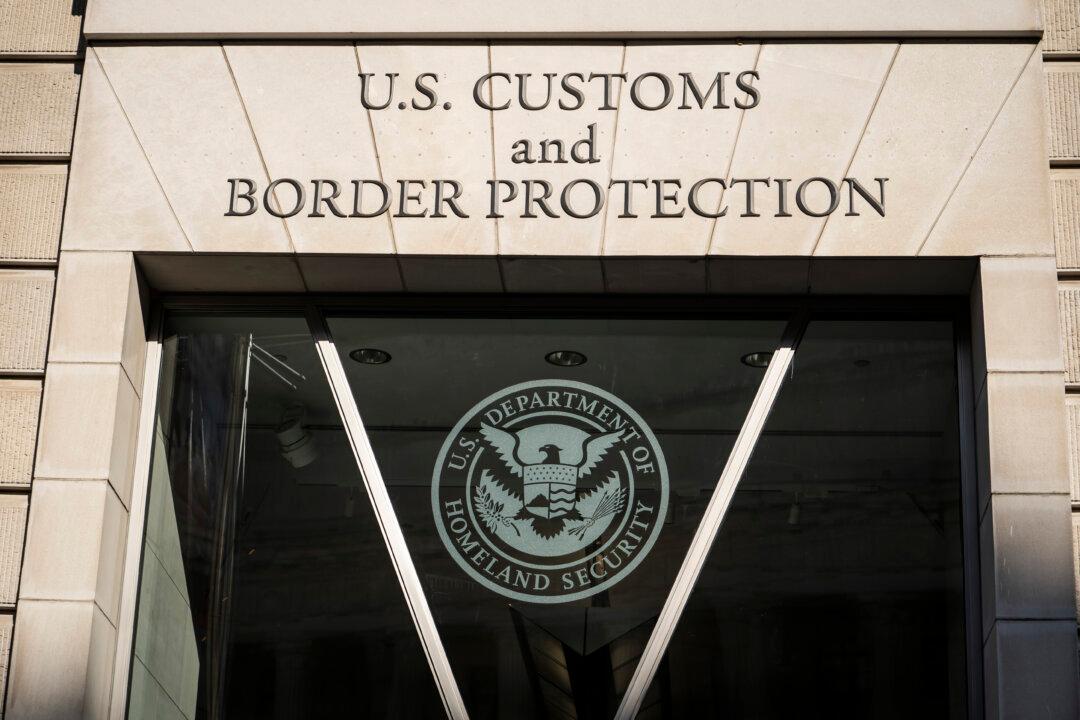An independent panel has criticized Beijing and the World Health Organization (WHO) over their delayed response to the COVID-19 outbreak in China caused by the
CCP virus.
“What is clear to the Panel is that public health measures could have been applied more forcefully by local and national health authorities in China in January [2020],” the interim
report said.
The panel, established by the WHO in response to a World Health Assembly resolution in May 2020, is called the Independent Panel for Pandemic Preparedness and Response. It is co-chaired by former New Zealand Prime Minister Helen Clark and former Liberian president Ellen Sirleaf.
COVID-19 is the disease caused by the CCP (Chinese Communist Party) virus, commonly known as the
novel coronavirus. It originated in the central Chinese city of Wuhan. The city’s health authorities claimed the
first patient appeared on Dec. 8, 2019, but media reports showed that the
earliest documented patient, a man in his 70s, fell ill days earlier on Dec. 1. Researchers are still unclear who the patient zero is.
A series of
leaked documents obtained by The Epoch Times showed that Wuhan hospitals received patients with COVID-like symptoms as early as September 2019.
The panel report also slammed China for “lost opportunities to apply basic public health measures at the earliest opportunity,” without elaborating.
Many have criticized China for initially silencing whistleblower doctors, among them ophthalmologist
Li Wenliang, who tried to warn the public of an “unknown pneumonia” outbreak on Chinese social media on Dec. 30, 2019. Li was called to a police station and reprimanded for “rumor-mongering.”
Additionally, Beijing did not publicly acknowledge that the virus was contagious until Jan. 20, 2020, several weeks after Taiwan
warned the WHO of the risk of human-to-human transmission in an email. The WHO has
denied that the email contained such a warning.
U.S. Health Secretary Alex Azar, in a
speech at the Washington-based think tank Heritage Foundation on Jan. 14, said the U.S. government first learned about the virus in December 2019 from Taiwan, and disputed reports from China about the virus not being contagious.
WHO
The report also criticized the WHO for its slow response.
“It is not clear why the [emergency] committee did not meet until the third week of January, nor is it clear why it was unable to agree on the declaration of a public health emergency of international concern [PHEIC] when it was first convened,” according to the report.
The WHO’s emergency committee convened on Jan. 22, 2020 and decided that declaring a PHEIC, the highest-level alert that WHO can declare, was “
still too early.” The WHO finally
declared a PHEIC on Jan. 30, 2020.
The report also questioned why it took the WHO Director-General Tedros Adhanom Ghebreyesus until March 2020 to
declare the outbreak a pandemic.
“Although the term pandemic is neither used nor defined in the International Health Regulations (2005), its use does serve to focus attention on the gravity of a health event. It was not until 11 March that WHO used the term,” the report explained.
The report concluded that WHO “has been underpowered to do the job expected of it.”
“The Panel is struck that the power of WHO to validate reports of disease outbreaks for their pandemic potential and to be able to deploy support and containment resources to local areas is gravely limited,” it added.
In July last year, Trump called the WHO “a puppet of China,” adding that Beijing was “fully responsible for concealing the virus and unleashing it upon the world.” In the same month, the U.S. President
formally withdrew the United States from the WHO. The withdrawal will take effect on July 6 this year.
The report concluded: “In retrospect, it is clear that the volume of infections in the early period of the epidemic in all countries was higher than reported.
“A largely hidden epidemic contributed to the global spread.”
The panel is scheduled to present a final report to the 74th World Health Assembly in May.





